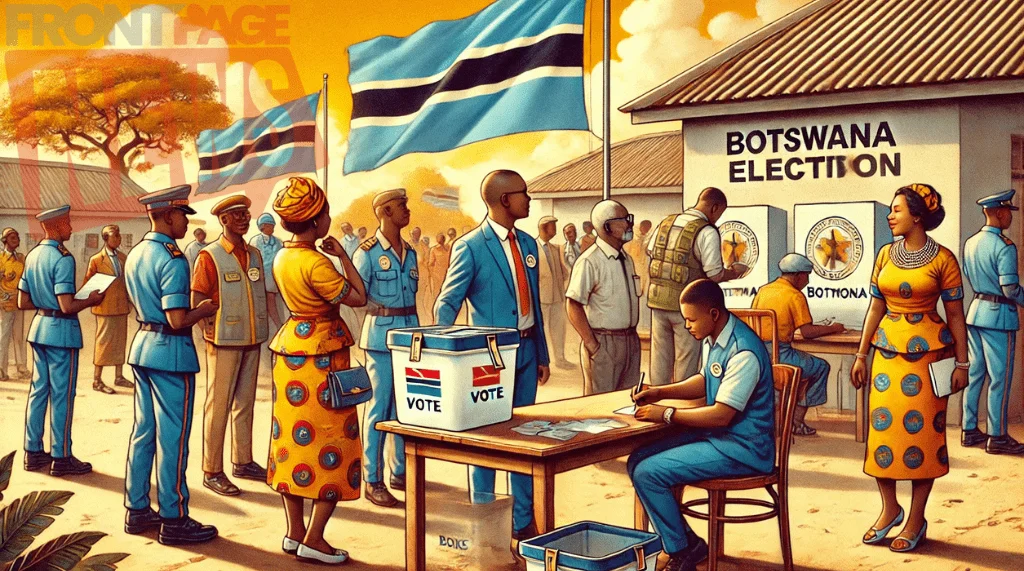In a dramatic shift, Botswana’s Umbrella for Democratic Change (UDC) has unseated the ruling Botswana Democratic Party (BDP), which has governed since the country’s 1966 independence. This election reflects a critical turning point in the southern African nation, long recognized for its diamond wealth and stable governance.
After preliminary results showed the BDP holding just four parliamentary seats, President Mokgweetsi Masisi conceded to UDC’s leader, Duma Boko. This acceptance paves the way for the first change in government in nearly six decades, a milestone in Botswana’s democratic history. Masisi, acknowledging the people’s will, announced his decision to step aside, signalling a smooth transition and encouraging unity among his supporters.
The BDP’s campaign message of “change” failed to resonate with a population increasingly disillusioned by slow economic growth and high unemployment, particularly among young citizens. Instead, the UDC’s promise of economic reform and wealth distribution struck a chord, especially among younger voters who, like 23-year-old Mpho Mogorosi, have grown frustrated with job scarcity despite Botswana’s diamond-driven economy. UDC’s agenda aims to address these pressing issues directly, with ambitious plans to create up to 500,000 jobs within five years, a proposal that resonates deeply with Botswana’s youth.
In his victory speech, Boko expressed humility and a commitment to elevate Botswana’s democracy. Known for his background in human rights law, Boko pledged to address economic disparities and foster inclusive growth across Botswana’s diverse population. The newly-elected UDC MP Kgoberego Nkawana underscored the urgency of employment reform, describing a grim reality where citizens rely on government handouts due to limited job opportunities. By adopting a more inclusive economic strategy, the UDC aims to tap into the country’s untapped potential in both mining and tourism.
Meanwhile, former President Ian Khama’s Botswana Patriotic Front (BPF) and the Botswana Congress Party (BCP) have also secured parliamentary seats, reflecting a more varied political landscape. The electoral commission is set to finalize results soon, but the momentum favoring UDC signals a resounding call for transformation.























